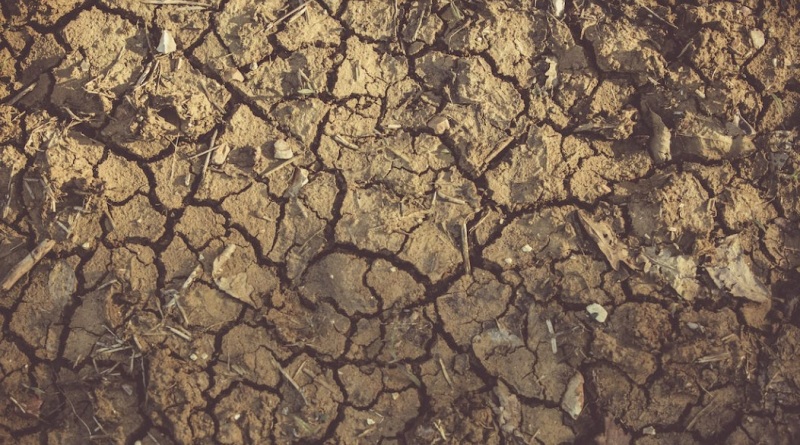
On Wednesday, Rev. Luke Shehu, regional coordinator and chairperson of ACIPA (Arewa Christians and Indigenous Pastors Association), remembered the brutal 2001 massacre that claimed the lives of many Christians in Jos, the state capital of Plateau in Nigeria.
The pastors' group held a commemoration ceremony to honor the victims of the brutal massacre, which authorities said was linked to land grabbing of natives' ancestral domain.
Details of the Commemoration
A Punch report revealed that the ACIPA members marked Sept. 7, 2022, as the 21st anniversary of the terrorist attack in Jos that claimed 50 lives.
The article said that ACIPA issued a statement that considered the Jos incident as something that has formed part of people's "lasting memories."
The pastors' group also expressed its commiseration with the victims' families.
"The memories of Plateau Christians and indeed all lovers of humanity cannot be impaired by the false narratives to distort the reality of the age-long plot against indigenous peoples heritage, identity and cherished values. In commemorating the lives lost, the bereaved and those who have been rendered orphans and widows, ACIPA also acknowledges the sacrifices and patronage of true patriots of the Plateau cum Northern Christian ideals and common values," Punch quoted ACIPA saying.
As if to prod the government to do something to move forward, ACIPA mentioned in its statement that the Plateau State government should rebuild the main market in Jos.
"We hereby draw the attention of the Executive Governor of Plateau State, His Excellency Barrister Simon Bako Lalong to seize forthwith his plans to proceed with the reconstruction of the Jos main market destroyed by terrorists," ACIPA said in its statement.
Why the Jos Massacre Happened
According to Bitrus Kaze, a former National Assembly member, the violence in Jos stemmed from the land grabbing attempts by certain individuals against the area's indigenous population.
Kaze disclosed that the land grabbers used force to wrestle the lands away from natives, which led to the 2001 carnage.
The former Jos South/Jos East Federal constituency representative Kaze explained that the crisis in Jos North Local Government Area started in 1994 when a military administrator established a Judicial Commission of Inquiry.
Although the committee came up with recommendations for addressing the conflict in the area, the proposal never materialized.
Kaze explained that the region tasted calm for seven years before another peace conflict sparked in 2001.
The same report stated that the violence continued the following year when the ultra-modern market in Jos burned down.
In 2002, attackers killed at least 50 Christians in Nshar, Yelwa Shendam. The report said the massacre occurred as the Christian believers were having their morning service.
Meanwhile, seven Christian leaders reportedly died when youth in Wase Local Government Area attacked them after their peace meeting at the Emir of Wase Palace.
The subsequent violence in Plateau's southern region forced former Nigerian President Olusegun Obasanjo to declare a state of emergency there in 2004.
Continuing Violence in Jos
A Premium Times report revealed that 37 people died in Yelwa Zangam on the night of Aug. 24, 2021.
The victims of the night raid included women and children, with entire families killed and burned down.
The report said the attacks are possibly linked to a simmering land dispute between the Hausa and Anaguta people living in the same area.
Related Article: Christian Justice Coalition of Religious Calls for UN, International Community Intervention in Haiti Crisis

















